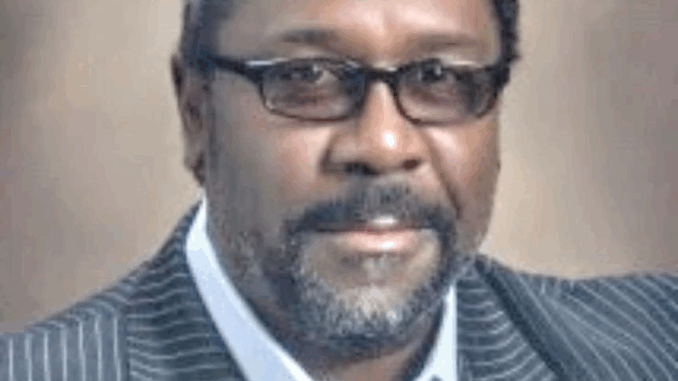
Behind Lamont Sanford’s smile was a life no one expected—until it changed everything.
While Redd Foxx dominated headlines with his eccentric and confrontational style, Demond Wilson—who played Lamont Sanford—kept a lower profile. To fans, he was the straight man to Foxx’s firecracker. But offscreen, Wilson led a double life that left the cast stunned when the truth finally came out.
Unknown to many, Wilson struggled deeply with drug use during the height of the show’s fame. He masked it so well that even some castmates were unaware until a medical emergency on set forced the truth into the open.
In a leaked crew report from 1975, Wilson collapsed between takes, prompting a rush to the studio infirmary. Though NBC released a public statement blaming “exhaustion,” insiders say the real issue was far more serious—and the event was a wake-up call not just for Wilson but for everyone working on Sanford and Son.
After the incident, Wilson made a radical decision: he quit drugs cold turkey and turned to religion. By the late ‘70s, he had become a born-again Christian and later founded a ministry. But his transformation caused friction on set, especially with Foxx, whose lifestyle couldn’t have been more different.

“Demond just… changed,” one crew member recalled. “He started reading scripture between takes. He stopped laughing at the raunchy jokes. He became a new man—and it threw the whole dynamic.”
Despite tensions, the show continued. But Wilson’s evolution led him to walk away from acting altogether not long after the series ended. Today, he speaks publicly about faith, recovery, and the temptations of fame.
And yet, the most shocking part? According to some sources, Wilson tried to pitch a Sanford and Son reboot in the early 2000s—with a spiritual twist. It was declined by every major network.
Fans still debate what could’ve been. Would a redeemed Lamont Sanford have worked in today’s world? Or was Sanford and Son always meant to stay in the gritty, funny, unpredictable ‘70s?
Either way, Demond Wilson’s journey remains one of the most unexpected—and powerful—turnarounds in sitcom history.